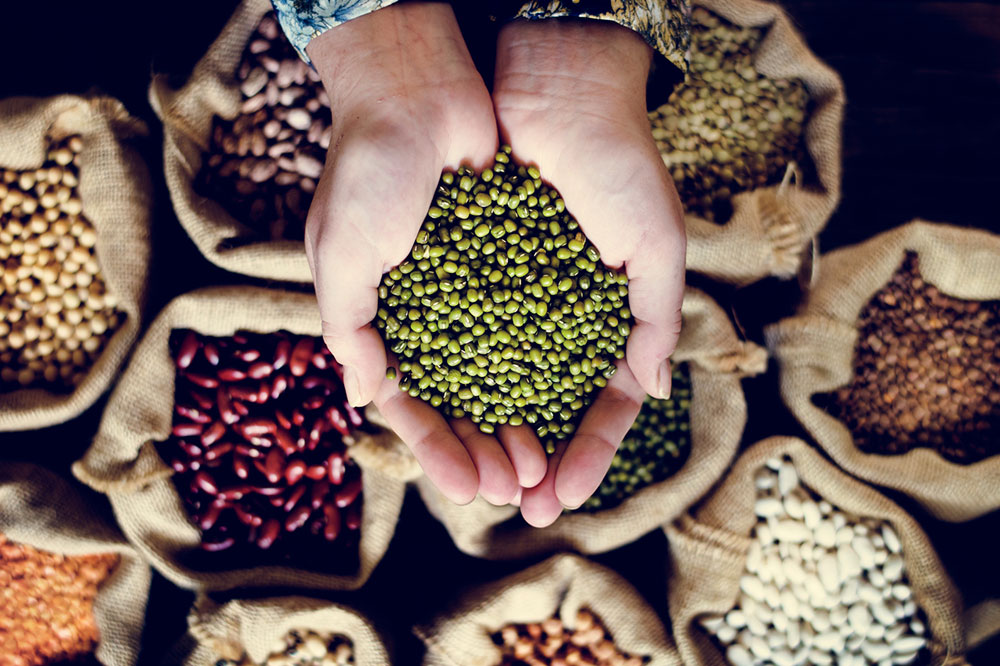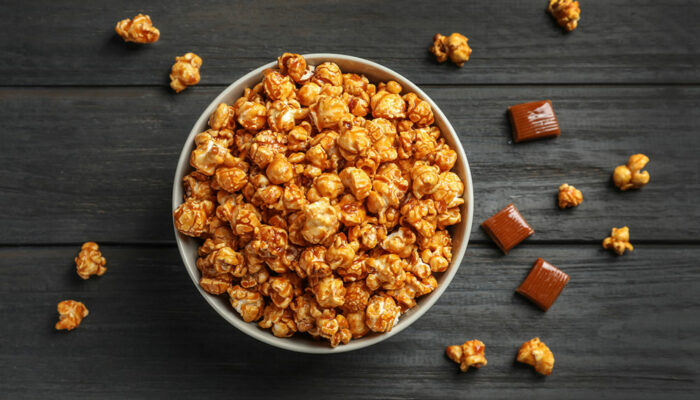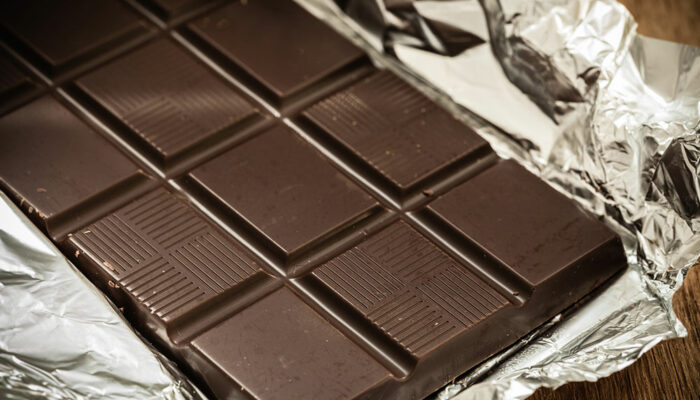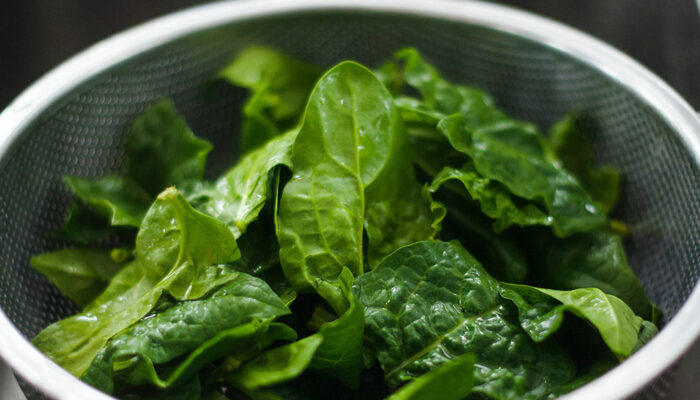
Dietary Tips for Bipolar Disorder Patients
Lifestyle changes and medications are important to manage bipolar disorder. But did you know that eating certain foods and avoiding others can actually make a difference? Here are foods to eat and those to avoid for people with bipolar disorder.
Here are the top foods to eat for bipolar disorder patients:
Omega-3-rich Foods
Omega-3 fatty acids are helpful in people who have bipolar depression. One can opt for cold-water fish, flaxseeds, herring, tuna, salmon, eggs, halibut, and mackerel.
Probiotics
Emotional health is positively affected by having probiotics-rich food. Examples include foods such as miso, yogurt, kimchi, kombucha, and kefir. These help boost calming chemicals which help to improve mood.
Nuts
Eating nuts such as peanuts, almonds, and cashews can have a positive effect on a person’s mental health. Nuts help regulate the body’s responses to stressful situations, thereby positively affecting mood.
Dark Chocolate
Research shows that dark chocolate can be amazing for one’s mental health. Eating up to an ounce and a half of dark chocolate can help one manage their stress levels as it calms the mind.
Turkey
Tryptophan in tukey helps induce sleep. It also enables serotonin production to make sure that the mood is balanced. To a certain extent, it also helps to improve mania symptoms.
Whole Grains
Incorporating whole grains such as quinoa, whole-grain toast, oatmeal, whole-grain pasta, and whole-grain crackers is great as they can help calm the mind and help produce serotonin.
Beans
Beans are great sources of magnesium, which is one of the nutrients that helps regulate and stabilize mood. Gradually incorporating beans in the diet will ensure it doesn’t lead to gas.
Herbal Tea
Consuming herbal tea is beneficial although there is still ongoing research. One can choose chamomile tea to help calm the mind and give relief from anxiety.
These foods and beverages must be avoided:
Alcohol
One should avoid alcohol because not only can it affect mood swings but can also interact with other medications negatively. In a study, it was found that people who use alcohol can die in an untimely manner.
Salt
Research states that one should not eat more than 1,500 mg of salt per day. However, instead of suddenly increasing or decreasing salt intake, one must do it gradually and have it in sufficient quantities.
Caffeine
Caffeine is a stimulant and so it should be avoided because it can make symptoms worse. Caffeine also causes sleep problems and anxiety, which, in turn, leads to worse mood swings.
Sugar
Refined sugar is what one should avoid because they can lead to a range of problems such as weight gain and they can block treatments from working effectively. Instead, one is better off opting for fruits.
Fat
One needs to limit as much trans and saturated fats, and omega-6 fatty acids should be consumed. Instead, go for low-fat dairy products and lean protein.



